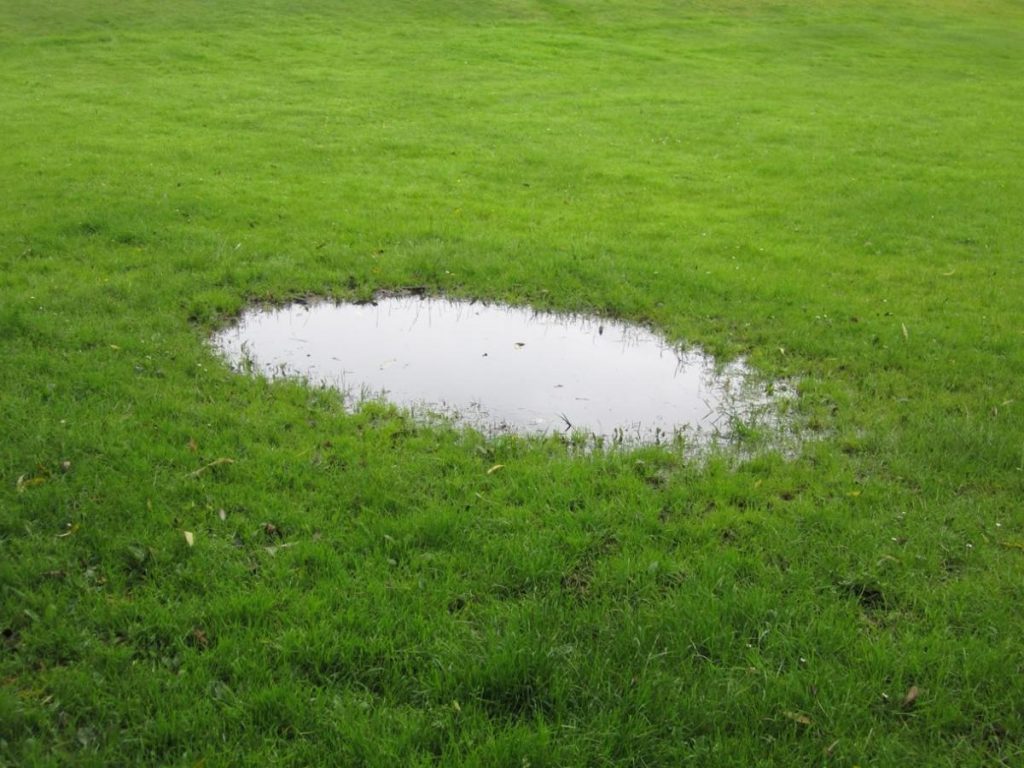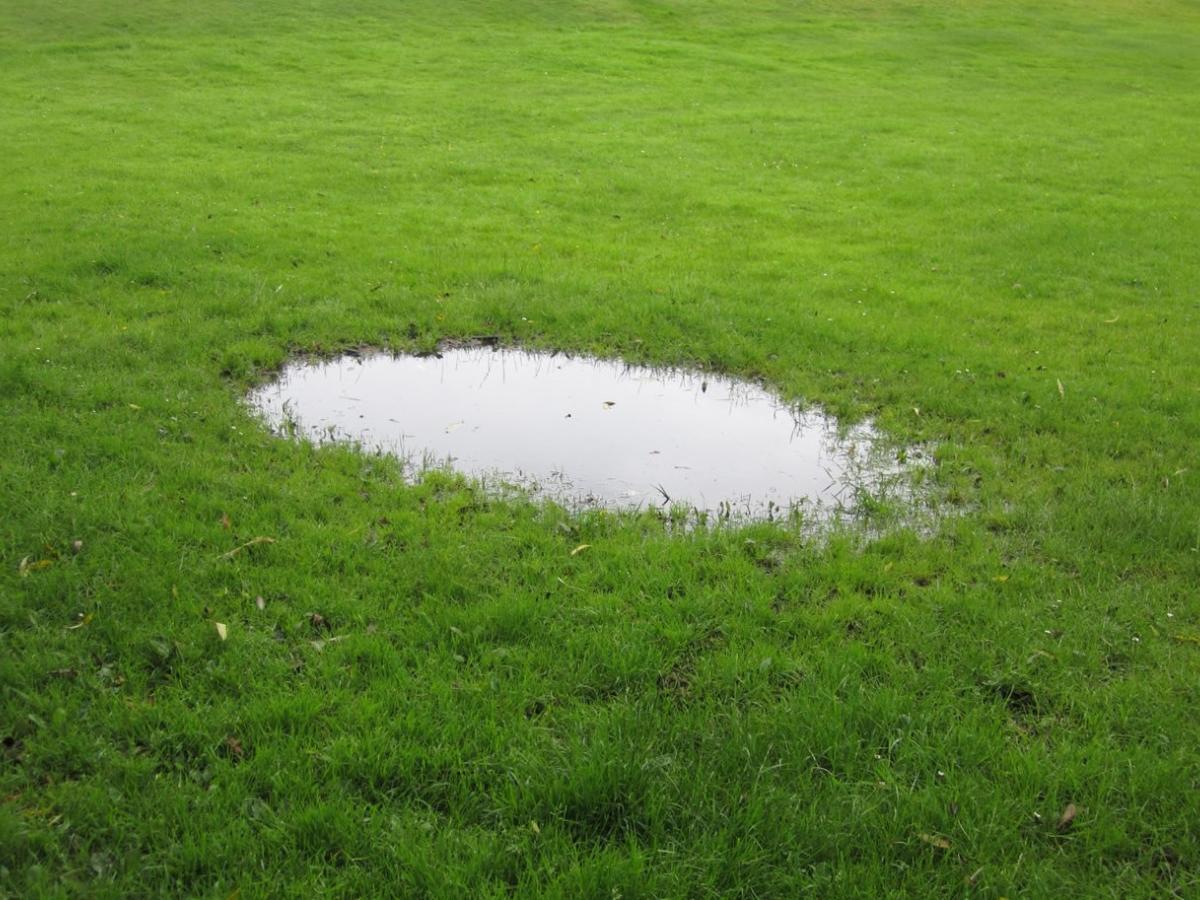
Before we go any further, let us find out first how to determine if the drain field has failed or is failing to drain properly. The drain field works by absorbing water into the ground that comes from the septic system. When the septic tank is already backing up into your house, the drain field or leach field may be showing you signs that it is not draining fast enough, forcing liquids or solids back towards the home. In this case you will sometimes notice the sludge layer overflowing the baffle in the tank which prevents the sludge from going out toward the drain field. Small holes in the drain field can handle liquids but clog rapidly with the introduction of solids or sludge. Unfortunately, simply pumping the septic tank usually only offers temporary relief while the tank fills back up.
Other signs of slowing might include gurgling sounds, strange new noises coming from your pipes or sinks, slight or heavy odors, slow draining toilets or tubs, greener or dead grass in your yard and the list goes on. Anything out of the ordinary may indicate that the drain field is starting to slow down and should be quickly addressed.
Here are simple ways on how to restore your drain field:
1. Use a commercial grade septic tank treatment, otherwise known as additive. This treatment works by eating away the clogs in the drain field. It treats the sulfides that have build up in the leach field. These sulfides clog the stone soil interface and consume the oxygen available in the drain field. The treatment then oxidizes these sulfides and releases oxygen needed by aerobic bacteria.
2. Drastically decrease the use of water in your septic system, this means lowering the load that goes into the drain field. Conserve water until your septic system is restored.
3. Avoid flushing harsh chemicals to the drain. These harsh chemicals, such as bleach and harsh toilet cleaners, kill the bacteria that are in the septic tank. The system needs bacteria to eat the sewage found in waste water and depleted bacteria levels allow sludge to build up quickly, causing drain field failure.
4. Eliminate or lessen the use of the garbage disposal. Putting less waste into the septic tank will protect the whole septic system from damage or drain failure. There are alternative ways to cut down the use of garbage disposal, such as composting food scraps. Also, avoid flushing tissue and kitty litter down the toilet drain, and use system friendly or biodegradable toilet paper instead.
5. Keep the drain field area dry as much as possible. The goal is avoiding too much water from building up in the drain field. Allow the sun to get to the drain field soil by keeping the grass trimmed, or better yet, avoid vegetation over a drain field. A vegetable garden near the drain field area needs soil irrigation which can add extra water to the drain field.
6. As mentioned earlier, pumping the septic tank once does not immediately restore the drain field, but regular pumping does. This means having your septic tank pumped every 3 to 5 years, or depending on the number of people in the household and amount of waste that goes to the septic system.
Slow draining fields can be corrected most of the time provided you have a little patience and make an honest effort to help the system recover. Once the drain field lines begin to slow down, you need to act quickly since the slowdown process itself has a snowball effect. The slower the field drains, the more it will allow waste to accumulate and this adds to more slowing.
